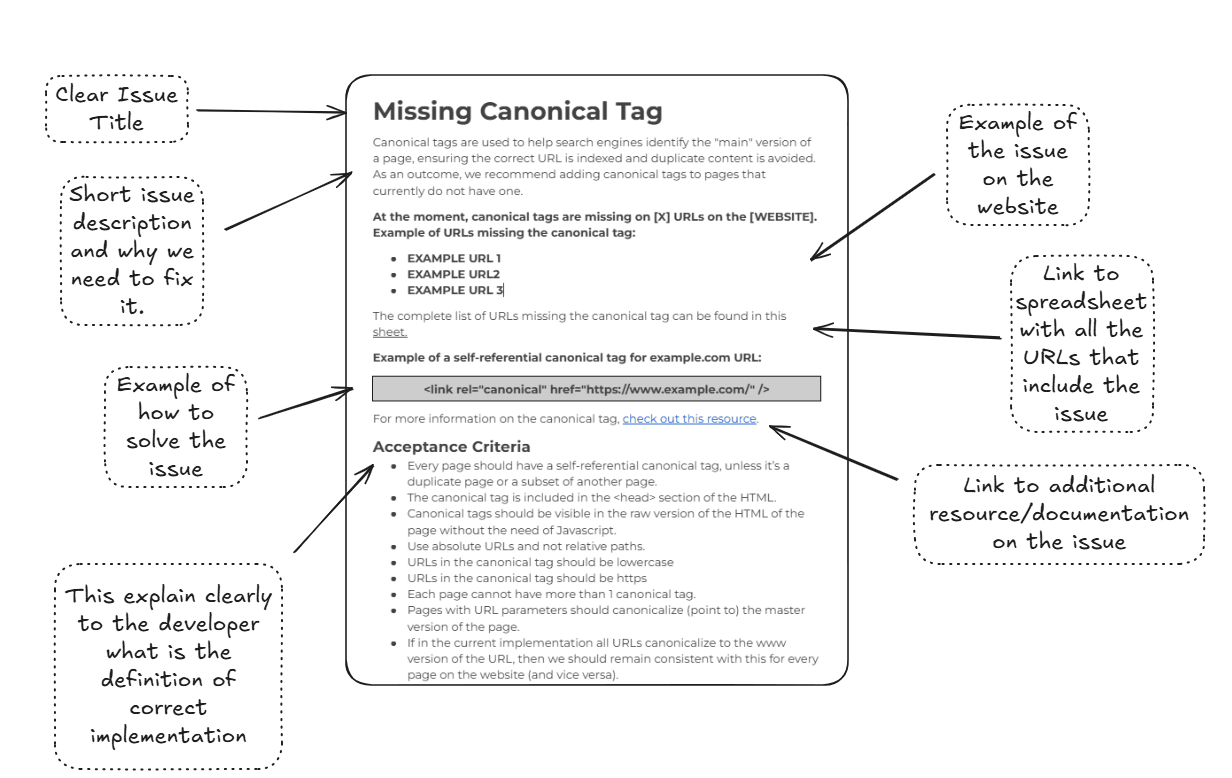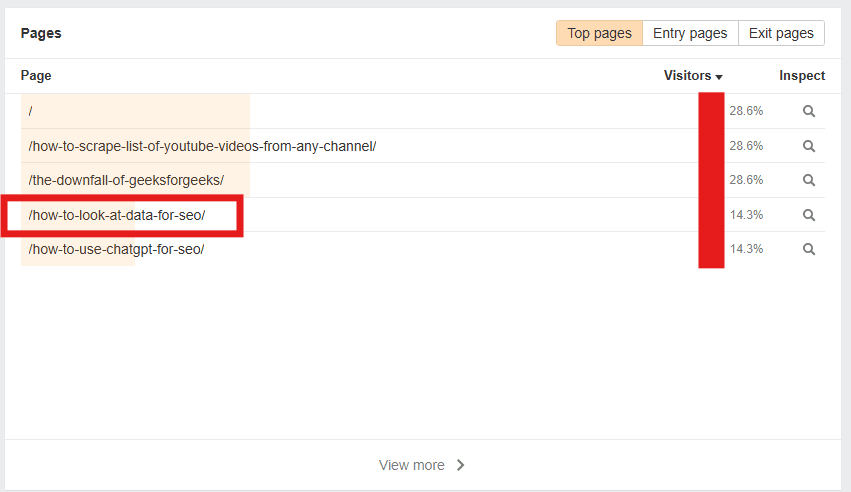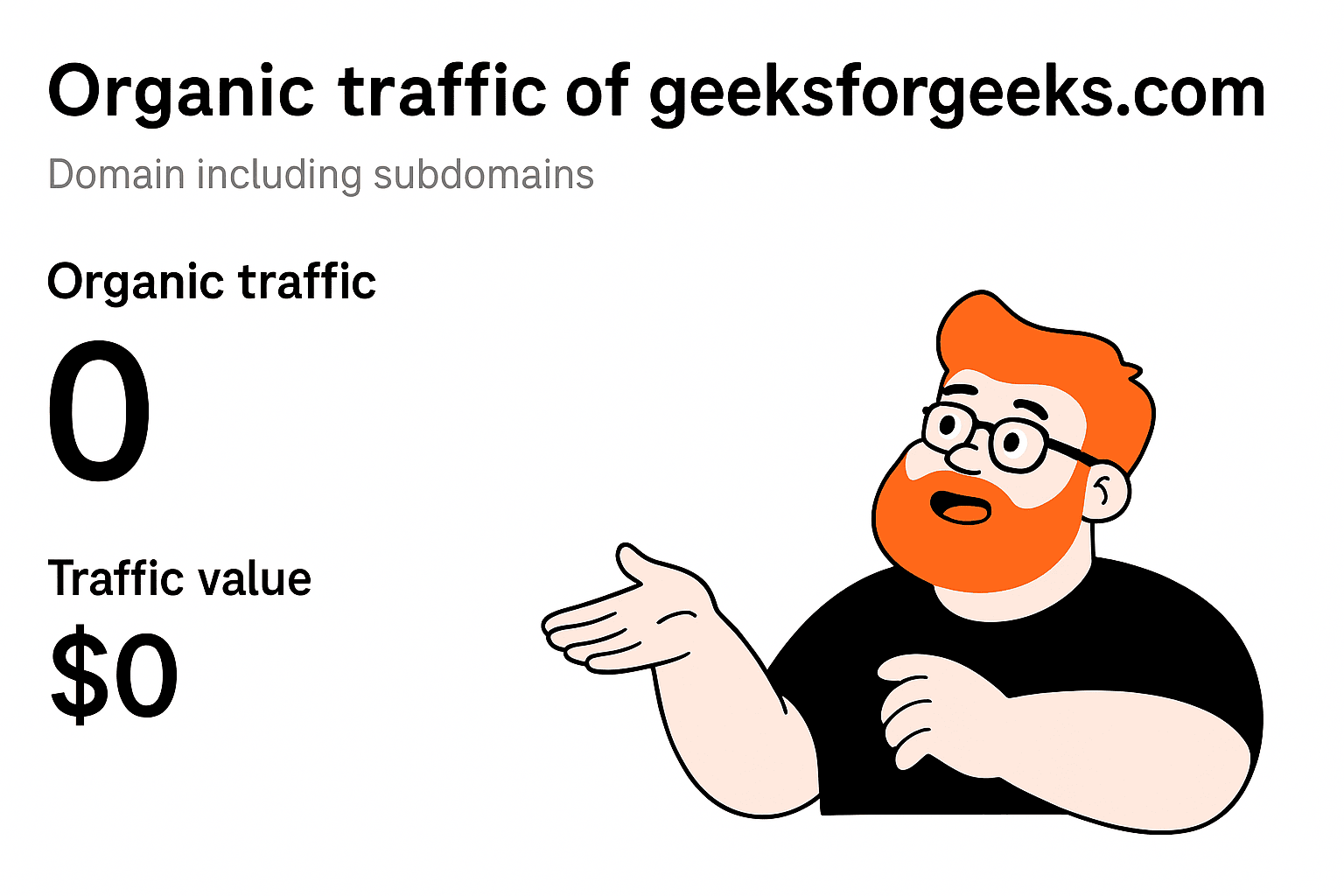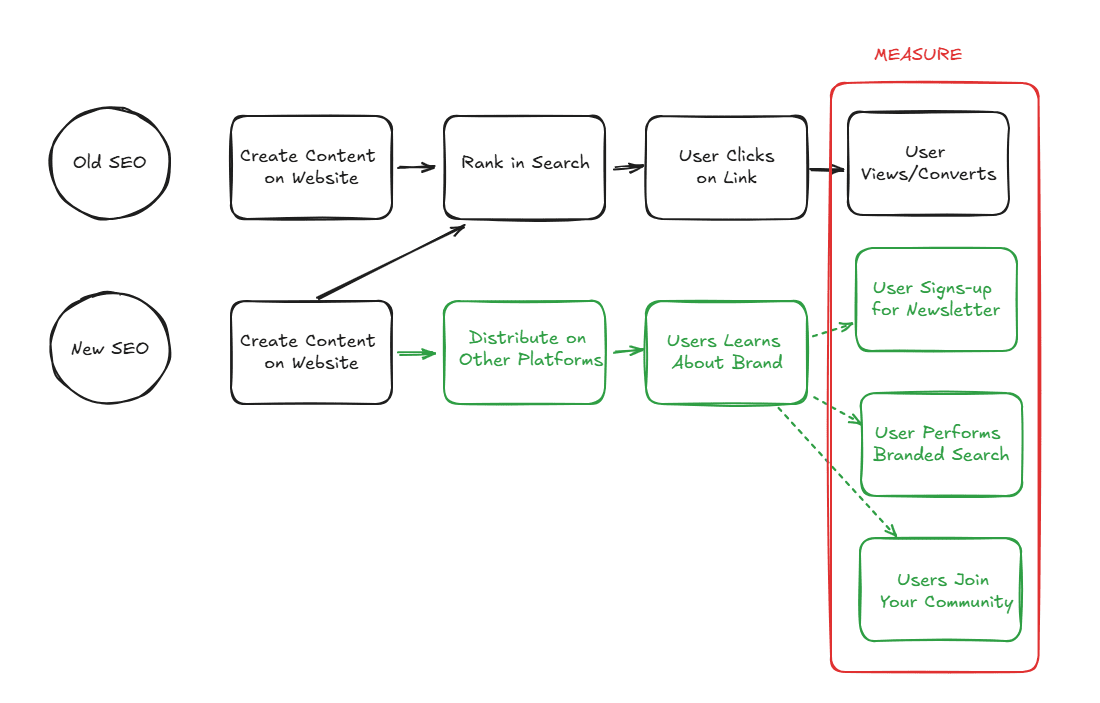How to Communicate SEO Fixes to Developers

I'm really excited about this topic. I've always got good feedback from devs. If you're wondering how my tech audit process looks like, you may want to check out my last blog on the topic.
Ready to boost your SEO with Python ? Join my hands-on training designed for SEO professionals! Learn to automate tasks and analyze data easily. Don't miss out—start your journey today! Learn more here. Also I finally soft-launched the SEO Strategy Course at 50% Off for a limited time, lock the offer here!
Here's what devs don't like:
- Ambiguity: if you tell devs, hey speed up the website. That's not an SEO recommendations, that just chit-chat. You need to give them way more details.
- Work that brings no value: if you keep sending tasks to devs big and small, and ask them to fix this 1 404 non-important page and clutter their sprints with work that does not seem important, they are less likely to co-operate. Prioritizing and understanding that devs are busy is definitely super helpful.
- No understanding the why: other than understanding "what" you want them exactly to, it would be super helpful if you give them a short brief explanation of "why" this issue needs to be fixed.
Sounds perfect, but how do you deliver the SEO recommendations to the devs? How to create a "ticket" for devs that they can work on, and love you for it?
The SEO Riddler Newsletter
Join the newsletter to receive the latest updates in your inbox.
First and foremost, before we dive in, let's get something straight. Technical recommendations delivered to the clients in a PowerPoint are not the best way to send recommendations to devs. PowerPoints are for business and marketing stakeholders. Devs need clarity, and using a word document helps you avoid dividing one recommendation on 2-3 slides!
What is a User Story in a Technical SEO Audit?
A User Story is a concise, actionable description of a specific SEO recommendation or requirement. A user story is made up of few elements:
- A brief explanation of what is the issue
- Why is this issue a concern
- What we want to do about it
- Example of the issue on the website (example URLs, screenshots, etc...)
- A link to a spreadsheet that includes all the impacted URLs (when relevant).
- Example of how this issue to be solved.
- Link to additional resources and documentations.
- Acceptance criteria, which defines to the developer what is considered a correct fix to this issue. This can also include a link to a tool to verify the fix, for example the structured data testing tool.
Here's an example of a the anatomy of a user story that I created to fix an SEO issue:

You may not be great at this from the get-go, but over time and with practice, it will be second nature! Also, the more you write user stories, the more you'll have ready made templates to edit and customize to different clients and CMSs.
A good user story is clear, precise, and helpful, making it easy for developers to take action on your recommendation. If the development team frequently asks for clarification or there's a lot of back-and-forth, it’s a sign that the user story needs improvement.
Practice makes perfect! Thanks for reading this far and Happy Tuesday Everyone!
The SEO Riddler Newsletter
Join the newsletter to receive the latest updates in your inbox.



